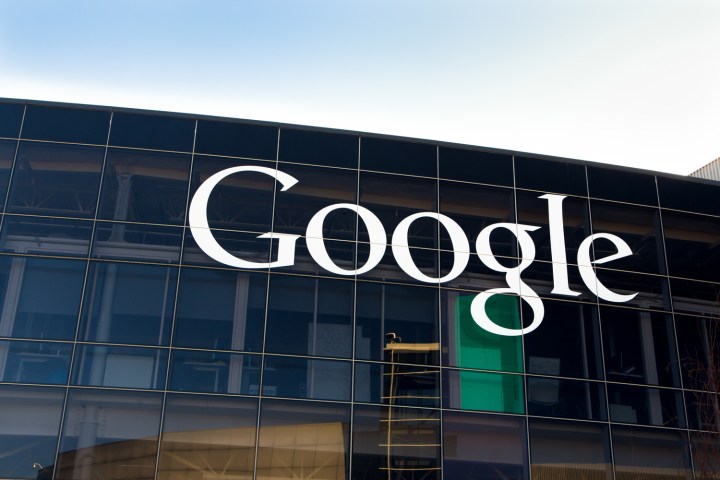
Spaces, which made its debut to little fanfare earlier this year, could certainly use a boost, and Kifi may help provide one. In a Medium post about the acqui-hire, Kifi noted, “The mission at Kifi has always been to connect people with knowledge. We created a service that seamlessly enables organizing, sharing, discussing, and finding the content you and your team values, which has resulted in more flexible and intuitive collaboration across the internet. We also spent significant time creating a service that overlays context on your browsing and sharing experiences to increase usefulness and understanding.” And this might be precisely what Spaces needs.
In a Google+ post of his own, Kessler wrote, “Delighted the Kifi team, with their great expertise in organizing shared content and conversations, is joining the Spaces team to build features that improve group sharing.”
Kifi added, “We see a lot of alignment to Google’s mission to organize the world’s information and make it universally accessible and useful. Frankly, we’re thrilled they have a bit of ‘space’ for us!”
On the app’s website, the startup notes that it will no longer be accepting new registrations, though the service “will remain fully functional for existing users for a few more weeks.” After that, you’ll just have to check out Spaces if you’re interested in utilizing Kifi.
Editors' Recommendations
- Watch Google’s 10-minute recap of its AI-filled I/O keynote
- Google has no idea what it’s doing with the Pixel Tablet
- A new Google Pixel Tablet is coming, but it’s not what you think
- Google just released the first Android 15 beta. Here’s what’s new
- I’ve finally given up on the Google Pixel Tablet

